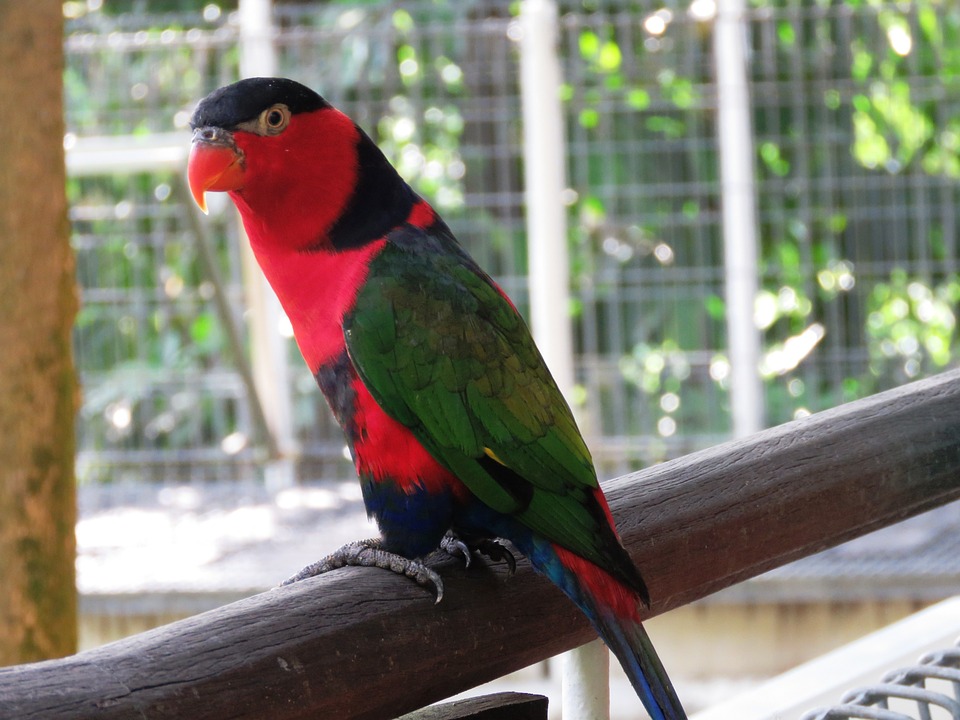Traveling with parrots can be a stressful experience for both the birds and their owners. Parrots are highly intelligent creatures that are sensitive to changes in their environment, and the stress of travel can take a toll on their well-being. In this article, we will explore the signs of stress in parrots during travel and provide helpful tips on how to comfort them during this challenging time.
Recognizing Signs of Stress in Parrots During Travel
Parrots may exhibit a variety of behaviors when they are stressed during travel. It is crucial for parrot owners to be observant and recognize these signs early on to ensure the well-being of their feathered friends. Here are some common signs of stress in parrots during travel:
1. Vocalizations: Excessive screaming, screeching, or unusual noises can indicate that your parrot is feeling stressed. Pay attention to changes in their usual vocal patterns.
2. Feather plucking: Parrots may resort to feather plucking when they are anxious or stressed. If you notice your parrot obsessively plucking its feathers, it is a sign that they are not comfortable.
3. Aggressive behavior: In stressful situations, parrots may become aggressive towards their owners or other birds. Biting, lunging, or hissing are common signs of distress.
4. Pacing or restlessness: Parrots that are stressed may exhibit repetitive behaviors such as pacing back and forth or constantly moving around their enclosure. This restlessness indicates their discomfort.
5. Loss of appetite: A sudden loss of appetite can be a sign of stress in parrots. Keep an eye on their eating habits during travel, as it can be an indicator of their overall well-being.
Providing Comfort to Stressed Parrots
Now that we have identified common signs of stress in parrots during travel, it is important to know how to comfort them and make their journey as smooth as possible. Here are some effective ways to provide comfort to stressed parrots:
1. Prepare in advance: Familiarize your parrot with its travel carrier or cage before the actual trip. Allow them to explore and spend time in it so that they feel more comfortable and secure during travel.
2. Maintain a routine: Stick to your parrot’s regular routine as much as possible. Maintain consistent feeding times, play sessions, and sleep schedules to help them feel more at ease.
3. Create a calming environment: Covering your parrot’s carrier with a light cloth or towel can help reduce visual stimuli and create a sense of security. Play soft music or use white noise to mask unfamiliar sounds during travel.
4. Provide familiar items: Place familiar toys, perches, or blankets in the carrier to provide a sense of familiarity and comfort for your parrot. These items can help reduce anxiety and stress during the journey.
5. Offer treats and positive reinforcement: Reward your parrot with their favorite treats or verbal praise during travel to reinforce positive behavior and help them associate the journey with positive experiences.
Frequently Asked Questions (FAQs)
Q: Can I sedate my parrot for travel to reduce stress?
A: It is generally not recommended to sedate parrots for travel unless prescribed by a veterinarian. Sedation can have adverse effects on their health and well-being.
Q: How long does it take for parrots to adjust to travel?
A: The time it takes for parrots to adjust to travel varies from bird to bird. Some parrots may adapt quickly, while others may take several trips before feeling comfortable.
Q: Should I avoid feeding my parrot before travel to prevent motion sickness?
A: It is advisable to avoid feeding your parrot a large meal right before travel to minimize the chances of motion sickness. However, make sure they have access to fresh water during the journey.
Q: Can I use calming supplements for my parrot during travel?
A: Consult with an avian veterinarian before using any calming supplements for your parrot. They can provide guidance on safe and appropriate options for your specific bird.
Q: What should I do if my parrot shows signs of extreme stress during travel?
A: If your parrot displays severe signs of distress, such as breathing difficulties or a rapid decline in overall health, seek immediate veterinary assistance.
Remember, every parrot is unique, and it is essential to understand their individual needs and preferences. By recognizing signs of stress and providing comfort during travel, you can help ensure a safer and more enjoyable journey for your beloved parrot.









